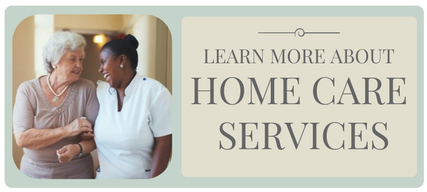 A good night’s sleep offers a lot of benefits…you awake feeling refreshed, have more energy, and enjoy increased mental clarity. However, sound sleep has far greater implications beyond feeling good the next day. According to new research presented at the Alzheimer’s Association International Conference in London, there is increasing evidence that it may also protect against dementia. “While correlation between sleep apnea and dementia has been documented in the past, these are among the first longitudinal studies to look at the relationship between sleep disruption and the biomarkers commonly associated with Alzheimer’s disease.” Past research has shown that during sleep the brain clears deposits of amyloid plaque, a protein that is toxic to neurons in the brain. Sleep disruption may impede this process and contribute to memory disorders. While more research needs to be done, there is no harm in taking steps to improve your sleep habits.
A good night’s sleep offers a lot of benefits…you awake feeling refreshed, have more energy, and enjoy increased mental clarity. However, sound sleep has far greater implications beyond feeling good the next day. According to new research presented at the Alzheimer’s Association International Conference in London, there is increasing evidence that it may also protect against dementia. “While correlation between sleep apnea and dementia has been documented in the past, these are among the first longitudinal studies to look at the relationship between sleep disruption and the biomarkers commonly associated with Alzheimer’s disease.” Past research has shown that during sleep the brain clears deposits of amyloid plaque, a protein that is toxic to neurons in the brain. Sleep disruption may impede this process and contribute to memory disorders. While more research needs to be done, there is no harm in taking steps to improve your sleep habits.
Here are a few things you can do to catch some more ZZZs...
Cut Back on Known Sleep Disrupters: Caffeine, alcohol and nicotine are notorious for causing restless nights. Cut out the coffee, tea and caffeinated soft drinks 4-6 hours before bedtime. Limit alcohol intake and avoid drinking within 3 hours of going to bed.
Follow a Routine: Taking a hot shower or bath before bed is a great way to induce that ‘sleepy’ feeling. Likewise, light reading or listening to soothing music can help prepare you for a better night’s slumber. If you don’t have time to create a pre-sleep routine, be sure to avoid stimulating activities (like exercise or using your phone/tablet) right before bed. Stick to a consistent sleep schedule for the best results.
Create a Sleep Oasis: Does your bedroom set the stage for a restful night’s sleep? A dark, cool environment is most conducive to sound sleep. So, invest in some room darkening shades or a sleep mask, and turn down the thermostat. It is also a good idea to keep the room well-ventilated and reduce outside noise with a sleep sound machine.

Other Tips:
- Keeping an eye on the clock can cause unnecessary nighttime stress. If you find yourself checking your alarm clock throughout the night, put it out of view or keep it covered.
- Eat lighter meals in the evening and limit late night water. You want to stay adequately hydrated without drinking so much that you have to wake up to use the bathroom.
- If you're feeling restless before bed, try some light stretching or meditation.
- If your to-do list is keeping you up at night, write things down! When you jot down the thoughts that are distracting you, you free up your mind and allow yourself a better opportunity to relax.
About LifeStyle Options
Founded in 1989, LifeStyle Options is one of the largest, nurse owned & operated private duty home care agencies in Illinois. With over 300 highly experienced and trained homecare professionals, CNAs, and RNs on staff, they have earned a reputation for providing exceptional service to clients throughout the Greater Chicagoland area, enabling older adults to safely remain in the comfort of their own home.


